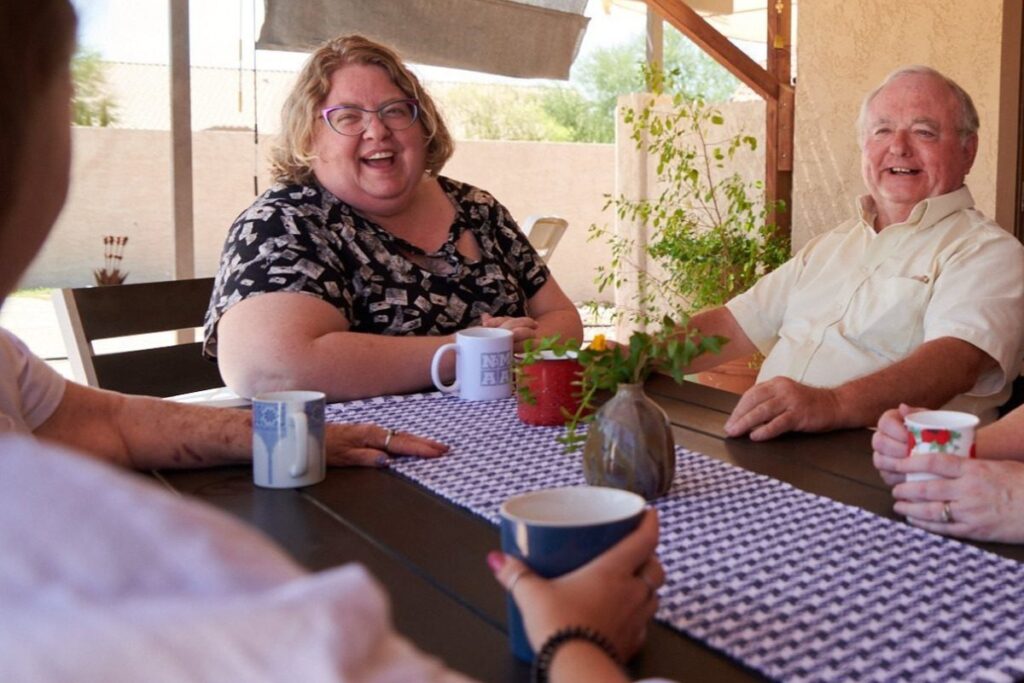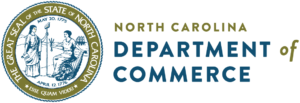A room full of education advocates gathered Monday to discuss potential solutions for Arizona’s public schools. State Rep. Keith Seaman, a retired teacher, criticized decades of Republican leadership for undermining public schools and student success.
“Republicans have governed this state for decades,” said state Rep. Keith Seaman, a retired teacher and former school superintendent in Mohave County. “They’ve had control for a long time and have consistently worked to undermine public schools and student success.”
Thirty years in the making
Seaman, along with legislators Sen. Christine Marsh and Rep. Judy Schwiebert, addressed issues like crumbling infrastructure and large class sizes. These problems stem from Republican lawmakers’ indifference to public education since 1993.
Since then, per-pupil spending and teacher salaries have stagnated, while classroom sizes have increased. Adjusted for inflation, Arizona teachers now earn 36% less than in the early 1990s. Stacey Seaman, a former music teacher, highlighted the dire need for school supplies.
“It’s almost an assumption at this point that there’s not going to be enough paper, not enough markers, not enough books,” Seaman said. “It boggles my mind that people who consider themselves great business people are running schools like this and act surprised when we’re not getting the results we want.”
Spreading the budget thin
Since 2011, public funds have increasingly been diverted to private education through a voucher program. Nearly $500 million of the state’s education budget now supports private schooling for 75,000 students, reducing funds for public school teacher pay and infrastructure.
Marsh recalled years of supply shortages and inadequate infrastructure, including non-functional air conditioning. “It’s not just time and stuff, it’s the actual infrastructure of the buildings,” she said.
Much like the voucher’s impact, Marsh sees underfunded schools as part of a Republican strategy to make public education unappealing. “The one thing that I want to point out is that none of this is an accident,” Marsh said. “These are intentional choices that have been made year after year.”





